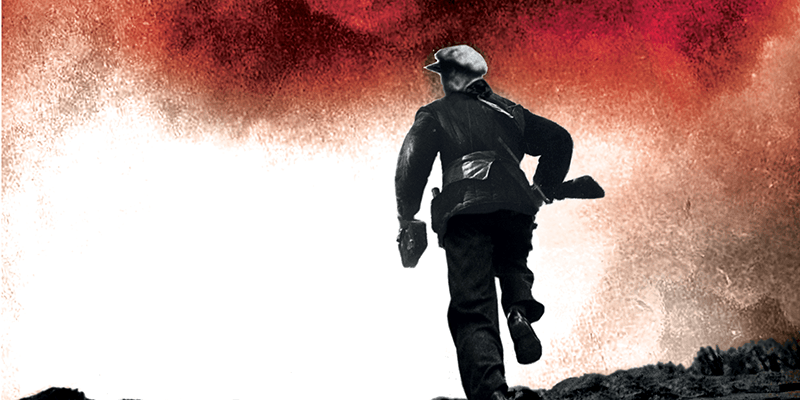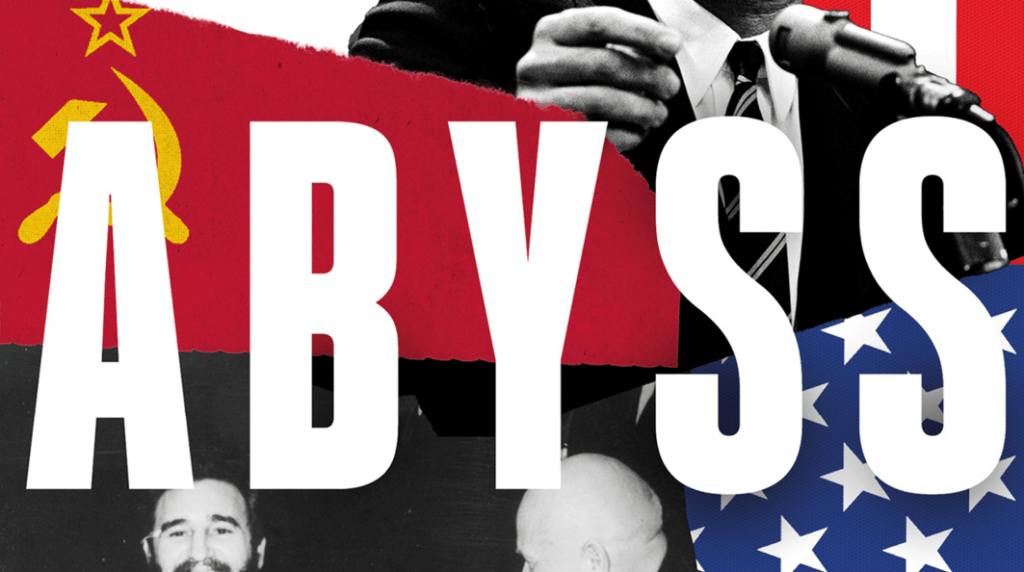Max Hastings takes on a massive subject in his latest book, the role played by intelligence and secret operations in the second world war. He covers the activities and operations of all the major belligerents, on both sides of the conflict, gathering in one sizeable volume an overview of a war within a war.
There have been scores of books written about the British codebreakers of Bletchley Park, but the spies, codebreakers and guerrillas of the wider global secret war have been covered in less copious detail. Hastings succeeds in bringing some form of order to this unwieldy topic and he details the exploits of the variously brave, craven, frightened, shameless, devious, dedicated, comic and, above all, clever people who helped, or failed to help, provide the warring nations on all sides with ‘intelligence’.
The term ‘on all sides’ is an important one as, while the major thrust of the war was the binary opposition between the Allies and the Axis, there were in fact all sorts of sub-plots and sub-conflicts, especially in Eastern Europe and the Balkans. Hastings deftly exposes how many spies and guerrillas, paid or harrassed into danger by one side, actually worked for another side (or both, or more, or none except their own bank balance).
One can’t help raising a quiet cheer on reading about Dr Wilhlem Bitter, a psychiatrist at a Berlin hospital who agreed, late in the war, to find a channel for negotiations between the Western Allies and Germany to stave off total Soviet victory. As Hastings recounts, ‘Having got a safe distance from Germany, Bitter sent just one hysterical message home, saying that the only answer was to overthrow Hitler, then vanished forever.’
Inevitably, for all the side conflicts, the core of the book necessarily focuses on this titanic struggle between Nazi Germany and its opponents.
Hastings takes an unemotional look at the secret war. This is no thrill-seeking account of daring do. ‘The only question that matters,’ says Hastings right at the outset, ‘is how far secret knowledge changed outcomes.’
“The only question that matters is how far secret knowledge changed outcomes”
He illustrates this theme by pointing out that the ‘scale of Soviet espionage dwarfed that of every other belligerent and yielded a rich technological harvest from Britain and the United States, but Stalin’s paranoia crippled exploitation of his crop of other people’s political and military secrets.’ Stalin’s failure to accept ample intelligence of the German attack in June 1941 is one of the greatest intelligence failures in history, though, unlike Hitler, Stalin did learn to be slightly less impervious to things he didn’t want to hear, though his subordinates, fearful for their lives, were careful about what they reported to him.
Similarly, Hastings judges that Germany and Japan lost the secret war not so much because of failures by their intelligence agencies, but because the military and political leaderships discounted the need to know about those they had chosen to attack. ‘The German and Japanese leaderships made their decisions shrouded in bewilderment and ignorance about their enemies, partly because of an institutionalised resistance to the objective examination of evidence, emphasised by
Hitler’s refusal to explore the economic potential of the Soviet Union and the United States before he declared war on them.’
“The German and Japanese leaderships made their decisions shrouded in bewilderment and ignorance about their enemies”
Hastings also lays bare the failures of Allied intelligence, including long periods when British or American wireless communications were intercepted and decrypted due to security weaknesses. He suggests, however, that these Allied lapses may, in the long run, have been unwittingly advantageous. The Nazi military machine may have been encouraged to believe that their Enigma and Geheimschreiber cipher machines were invulnerable to Allied codebreakers because there was no hint at all of any Allied breaks of German ciphers in any of the Allied messages, especially British naval communications, that the German military could read. This led them to conclude than an enemy who could crack German messages would have the sense to plug the holes in their own systems.
In reality, the work of British and American codebreakers was becoming critical to Western Allied military operations against Germany although Ultra did not start to fulfill this role until late 1942, by which time it had become obvious that Germany would, sooner or later, be defeated. Access to the information made available by Ultra did not guarantee military success, as shown by the muddled operations that followed the great success of D-Day and the ‘break out’ from Normandy in 1944 and the failure to predict the Battle of the Bulge.
Hastings concludes that ‘The indispensable element in making all intelligence useful, in peace or war, is that it should pass into the hands of a wise and effective leader; if such a person is absent, whether general, admiral or statesman, then even the most privileged information is worthless.’
The global intelligence war during the second world war included many pointless operations that saw agents sent to certain death. Hastings estimates that perhaps as little as ‘one-thousandth of one percent of material garnered from secret sources by all the belligerents in World War II contributed to changing battlefield outcomes.’
“perhaps as little as ‘one-thousandth of one percent of material garnered from secret sources by all the belligerents in World War II contributed to changing battlefield outcomes”
For all the efforts of spies and agents, Hastings is clear that it was eavesdropping on enemy wireless communications that was the key aspect of the intelligence war. The achievements of British and American codebreakers ‘were very great’ he writes. ‘They elevated intelligence, hitherto a little respected branch of staff work, to an unprecedented importance in operational planning.’
This aspect of the second world war is highly relevant in the modern world. As Hastings observes, ‘the imprtance to national security of intelligence eavesdropping, codebreaking and counter-insurgency has never been greater. Cyber warfare is a logical evolution of the process that began in Room 40 during World War I and expanded vastly’ among British, German and American codebreakers during World War II.
“the most deadly threat of all – a few hundred tweedy bespectacled young English academics labouring in drab suburban Buckinghamshire”
On Bletchley Park he comes to the view that ‘Many things about the 1939-1945 era remain disputable, but few informed people would question the proposition that Bletchley was one of the most remarkable institutions the world has ever known, and one of the greatest achievements in British history, towering over any narrative of the nation’s part in the conflict … While the Third Reich executed wholesale spies, traitors and saboteurs who threatened its security, its functionaries remained insistently oblivious of the most deadly threat of all – a few hundred tweedy bespectacled young English academics labouring in drab suburban Buckinghamshire.’




